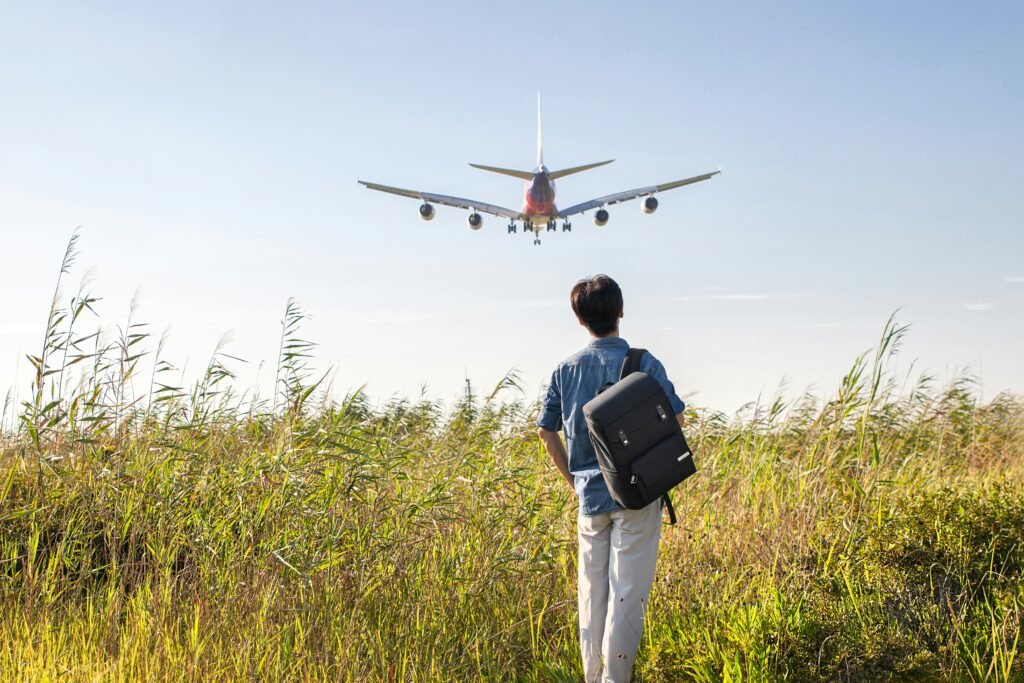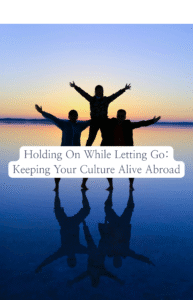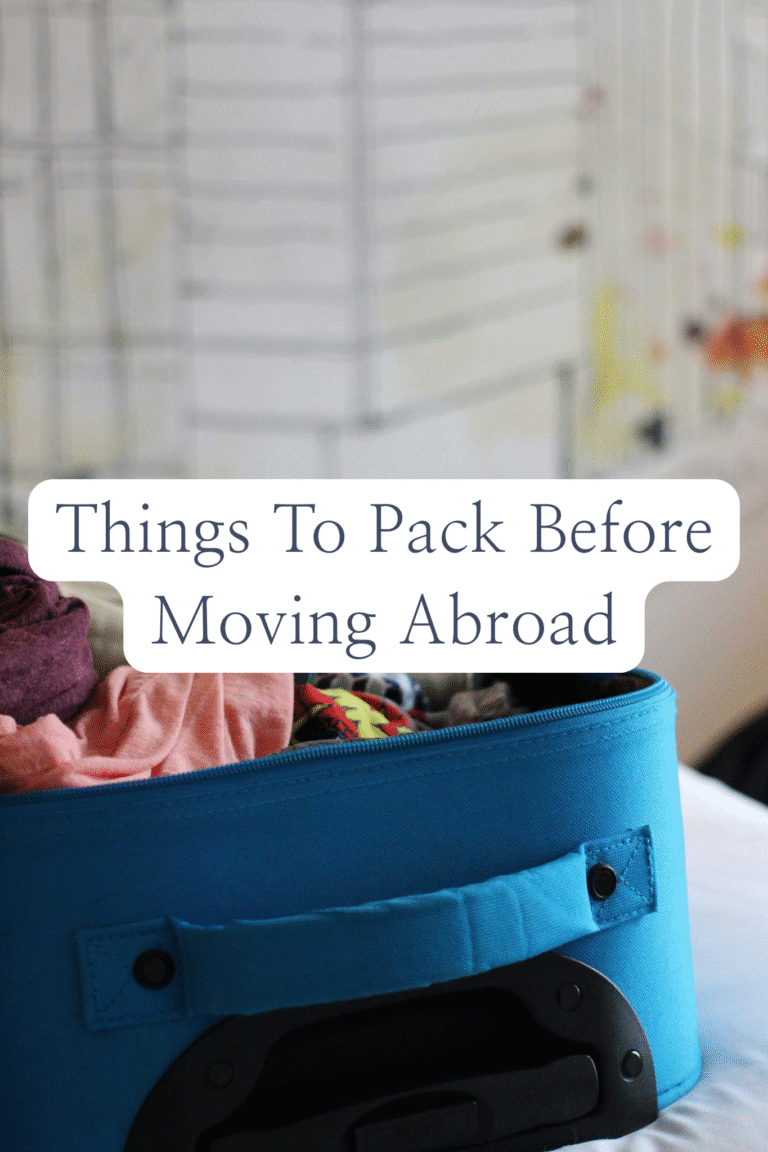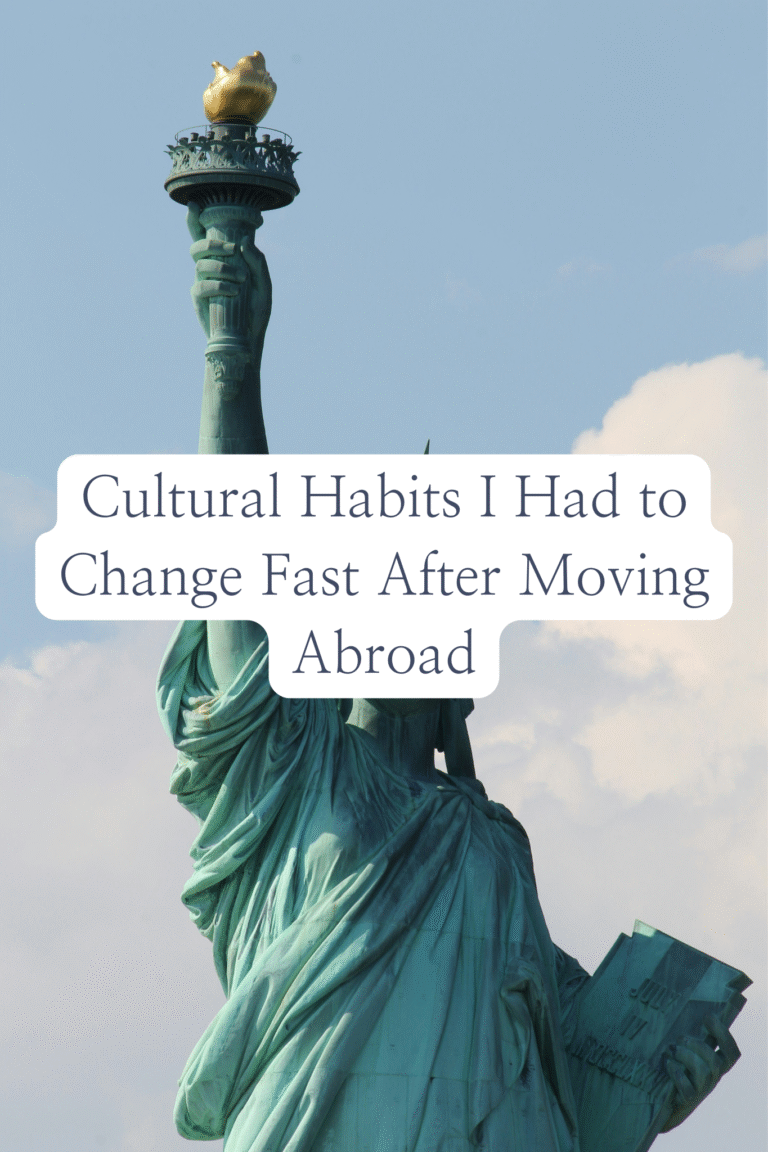Top 5 Things Indians Wish They Knew Before Moving Abroad
Here Are Some Of The Things Indians Wish They Knew Before Moving Abroad
Relocating to a new country is exciting, but there are so many things to know before moving abroad, especially for Indians.
Understanding these things to know before moving abroad can help you avoid confusion in the first few months and adapt faster.
One of the moving abroad from India tips: it’s thrilling, but the surprises can be overwhelming. Whether it’s for a better job, education, lifestyle, or simply adventure, the move can feel like a fresh start. But along with the excitement comes confusion, culture shock, and unexpected stress — especially in the first few months.
I still remember when I moved to Pennsylvania at 13, back in 2013. I had grown up in a small Indian village where everyone knew everyone — where neighbors dropped by unannounced and streets were always buzzing with voices. But suddenly, I found myself walking with my dad on empty sidewalks, barely seeing anyone outside. Even when we did, they spoke a language that made us feel like outsiders. That silence was my first real culture shock.
Here are the top five things Indians often say they wish they knew before moving abroad — and how you can be better prepared.
1. Paperwork Can Make or Break Your Move
Visas, permits, insurance, bank accounts — the list is longer than you think. Many assume once the visa is approved, everything else will fall into place. But things like proof of address, credit history, and local ID cards can delay important steps like renting an apartment, opening a bank account, or even getting a SIM card.
What to do:
-
Scan and upload all important documents to the cloud (passport, degree certificates, visa papers, medical records, etc.)
-
Understand the local process for getting a driver’s license, registering your address, or enrolling in public services
-
Keep both digital and printed copies ready
Before moving, it’s worth reviewing a trusted step-by-step relocation resource like International Citizens Group’s Moving Abroad Guide. It explains the paperwork, visas, and documentation essentials that make the process smoother.
Being over-prepared is always better than being stuck without a document when you need it most.
2. Finding a Job Takes Time — Even if You’re Skilled
Many assume that having a good education or corporate background will automatically lead to quick job offers abroad. The truth? Every country has its own way of hiring, and the process can be slower, more network-based, or even biased in some cases.
Mistakes Indians make when moving abroad often include underestimating how long job hunting takes or sending the same resume everywhere.
What to do:
-
Research how recruitment works in your new country (e.g., LinkedIn vs. local job boards)
-
Start applying before you move, if possible
-
Build a local version of your resume and focus on soft skills + adaptability
-
Be prepared to take a temporary or entry-level job first while building your network
Don’t feel discouraged — job hunting abroad is more about persistence than perfection.

3. Cost of Living Is Not What You Expect
Sure, the salary may be higher — but so is rent, groceries, transport, and health insurance. Many are shocked by how quickly expenses add up, especially in big cities. Also, you may not have your usual support system (like living with parents or having help at home).
These are essential what to know before moving abroad from India moments that catch many off-guard.
What to do:
-
Use a cost of living calculator to estimate monthly expenses
-
Make a realistic budget for your first 3–6 months
-
Don’t rush into long-term leases or expensive purchases right away
-
Look for community help — roommates, second-hand furniture, public transport, etc.
Think of your first few months as a settling-in period. Save where you can until things stabilize.
See Things to Pack Before Moving Abroad to make sure you’re fully prepared.
4. Culture Shock Is Real — Even for the Confident Ones
You may think, “I’ve watched enough shows, I know how it works there.” But small cultural differences can pile up. People might seem cold, direct, or even uninterested. Simple things like how you greet, queue, or make eye contact can feel awkward at first.
I realized this deeply when I first came to the U.S. — how normal things back home, like greeting strangers warmly or chatting loudly, suddenly felt out of place.
What to do:
-
Don’t take things personally — it’s not about you, it’s about how cultures operate
-
Try to observe quietly before reacting
-
Stay open-minded and ask questions when unsure
-
Practice your English or local language — it helps reduce anxiety
If cultural differences overwhelm you at first, Culture Shock I Didn’t Expect After Moving Abroad explains exactly how it feels and how to adjust.
5. The Emotional Toll Hits Later — Not Right Away
The first few weeks might feel exciting — new places, new people, new goals. But over time, loneliness can creep in. You might miss Indian food, family functions, festivals, or just speaking your native language freely. You may even feel guilty for leaving loved ones behind.
This is where settling abroad as an Indian immigrant becomes more about inner strength than logistics.
What to do:
-
Stay in touch with family and friends back home regularly — even short calls help
-
Celebrate Indian festivals, even alone or virtually
-
Don’t isolate yourself — join Desi communities or local social groups
-
Accept that missing home is natural — it doesn’t mean you’re weak
For emotional support during this transition, How I Handled Homesickness After Leaving India shares the real feelings behind this experience.
Final Thoughts
Moving abroad is a bold step. It takes courage, patience, and a lot of self-belief. The more mentally and practically prepared you are, the smoother your journey becomes.
I thought I wouldn’t miss home because life in the U.S. seemed “better” in every way — and yet, I did. Because what you miss isn’t comfort, it’s connection.
So plan ahead, stay connected to your roots, and give yourself space to grow. Be ready for change — that’s the only constant when you start a new life abroad.





